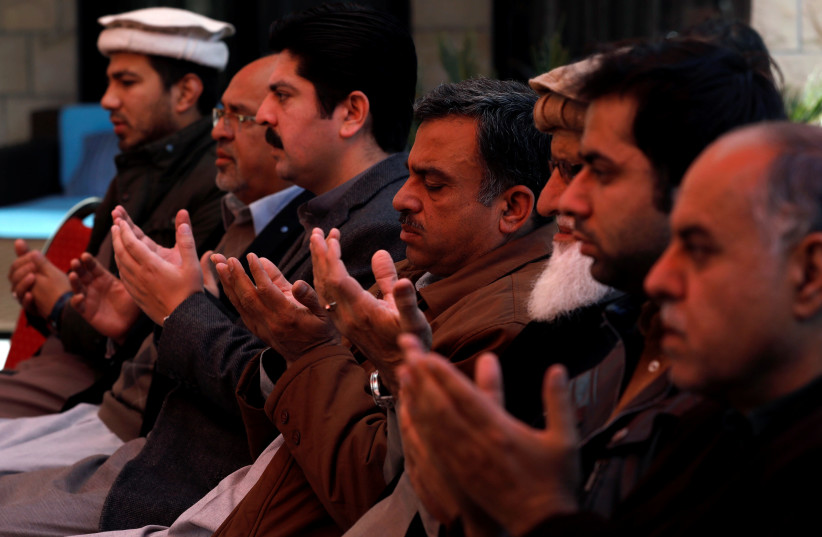Terrorist organizations that send members to murder people they hate think their violent, immoral actions will trigger sympathy for their own cause. But ironically, a new study from New Zealand found that violent actions intended to provoke opposition to particular communities may paradoxically lead to lasting acceptance and empathy for those who were targeted.
Four years ago, a far-right extremist murdered 51 Muslims in Christchurch, New Zealand. Immediately following the attacks there was a noticeable increase in public acceptance of the Muslim minority in the country. Comparable transient reactions have been observed after terrorist attacks elsewhere, but was this reaction sustained? Are enduring effects evident across the political spectrum?
It’s hard to answer such questions because identifying long-term causal effects requires estimating unobserved attitudinal trajectories without the attacks. To try to do this scientifically, psychologist Prof. Joseph Bulbulia and colleagues at Victoria University of Wellington used years of data from the New Zealand Attitudes and Values Study, a national longitudinal study.
Comparing pre-attack and post-attack responses
They compared six pre-attack waves of Muslim acceptance responses to estimate the anticipated level of Muslim acceptance if the attacks had not occurred and then compared them with actual observations during the three years that followed the attacks.
They published their findings in the journal PNAS Nexus under the title “Long-term causal effects of far-right terrorism in New Zealand.”
The analysis showed that positive attitudes toward Muslims among political liberals and moderates swiftly increased immediately after the attacks and then stabilized. Among political conservatives – a group the extremist aimed to agitate – warmth towards Muslims not only rose but maintained an upward trajectory, suggesting a particularly enduring impact within this group.

